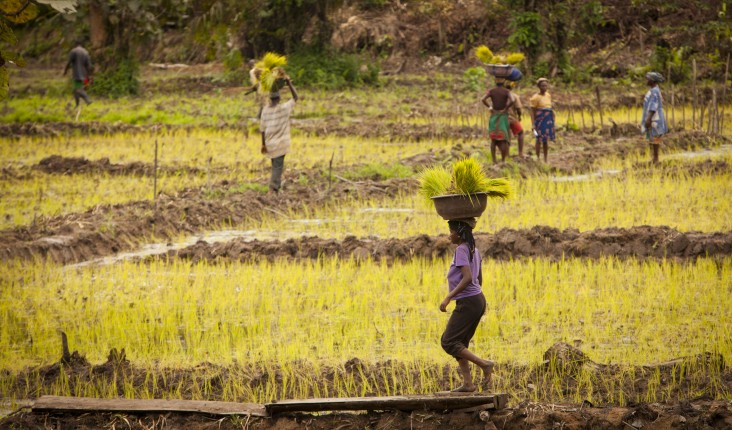
Liberia is the only country in the Upper Guinea forest ecosystem of humid West Africa that was once covered entirely with tropical rainforest. The country is endowed with diverse natural resources, but it also is susceptible to the adverse effects of climate change. Unsustainable farming practices, unregulated mining and population displacement due to conflict have all contributed to stresses on natural resources. In addition, Liberia’s energy infrastructure was badly damaged by the civil war. The principal sources of energy in Liberia for the last 20 years have been portable generators, charcoal and firewood, which results in high greenhouse gas emissions, forest destruction and loss of biodiversity.
Liberia’s abundance of water, sunshine and biomass sources hold great potential for producing clean and renewable power. USAID’s energy activities in Liberia increasingly incorporate clean and renewable energy technologies, including hydro and biomass energy sources. USAID continues to build the capacity of the Liberian Forestry Development Authority and other government agencies, civil society organizations as well as strengthen local communities’ management of forests and natural resources.








Comment
Make a general inquiry or suggest an improvement.